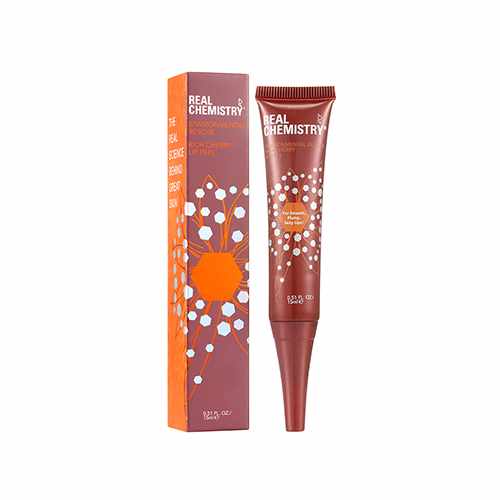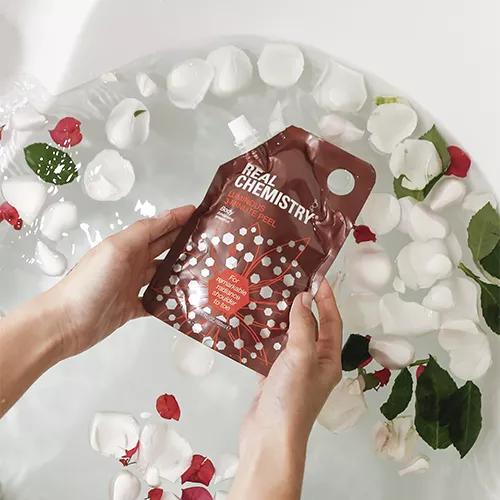
Ever woke up to discover your lips cracked, flaking, or peeling? More often than you would believe, lip peeling can be unpleasant and embarrassing. It's not only a cosmetic problem; it can compromise your confidence, cause eating or smiling pain, and even hint something deeper about your health. Finding enduring relief starts with knowing the underlying causes. Knowing why your lips are acting up will help you to get them back to their best whether your lips are dry, constantly chapped, or suddenly irritated.
Typical causes of lip peeling
Because they are delicate and lack oil glands, lips are particularly prone to dryness and peeling skin. Environmental elements including cold weather, wind, and sun exposure can rob moisture, causing cracked lips and pain. Another big offender is dehydration; your lips will show it first if you're not drinking enough water. Additionally aggravating the issue and causing lip dryness are habits including regular lip licking, biting, or picking.
Sometimes your daily products could be the cause of your problems. Strong components in toothpaste, mouthwash, or lip cosmetics can irritate or cause allergic reactions, which would lead to ongoing lip peeling. Sometimes sensitive lips are irritated even by citrus fruits or hot foods. Sometimes chronic lip irritation and peeling result from underlying medical conditions including vitamin shortages, eczema, or infections.
How can one stop fast lip peeling?
Start your search for fast relief by first hydrating from within. Drinking lots of water supports general skin condition and helps fight dry lips. For peeling lips including nourishing elements like shea butter, ceramides, or lanolin, switch to a mild, scent-free lip balm. These components restore the skin's natural barrier and help to lock in moisture.
Steer clear of picking or dragging at peeling skin since this will aggravate inflammation and perhaps lead to bleeding or infection. Rather, once or twice a week gently exfoliate your lips using a soft toothbrush or a mild sugar scrub. This lets your lip balm pass through more readily and helps eliminate dead skin cells. Remember, be mild since over-exfoliation might aggravate conditions.
If your lips are quite cracked, overnight application of a thick layer of ointment or petroleum jelly will hasten healing. This forms a protective layer allowing your lips to heal during sleep. Choose a hydrating lip balm with SPF for daytime to protect your lips from sun damage, a common but usually disregarded factor causing flaky lips.
Home Remedies for Lip Peeling:
For mild forms of lip peeling, natural remedies can be rather successful. A time-tested remedy is applying a thin layer of honey; honey is a natural humectant, thus it pulls moisture into the skin and has antibacterial action. Another beloved for its very moistening and relaxing properties is coconut oil. Renowned for its relaxing effects, aloe vera gel can help ease lip inflammation and hasten healing.
Patch testing a tiny amount of any new treatment helps you to make sure you have no sensitivity or allergy. Remember, especially if you have sensitive skin, what suits one person could not suit another.
Stopping Lip Peeling: Future Prevention
Maintaining your lips healthy and smooth depends mostly on prevention. Before heading outdoors to guard against year-round sun damage, apply a hydrating lip balm with SPF. Steer clear of licking your lips since saliva evaporates fast and leaves your lips drier than they were. Rather, reapply your lip balm anytime your lips seem dry.
Choose mild, hypoallergenic lip care products; avoid known irritants including menthol, campher, or strong smells. If you find your lips to be chapped, particularly in winter when indoor heating can rob the air of moisture, consider running a humidifier in dry surroundings. A balanced diet high in vitamins—especially B vitamins and iron—can also help prevent lip dryness and advance general skin health.
When should one see a dermatologist?
See a dermatologist if your lip peeling doesn't get better with home treatment or if you find ongoing redness, swelling, sores, or pain. Sometimes chronic lips peeling indicates an underlying medical condition including eczema, allergic reactions, or vitamin shortages needing professional treatment. Early intervention helps to restore the natural barrier of your lips and avoid problems.
Conclusion
Managing lip peeling can be annoying and even embarrassing, you can get your lips back to their smooth, healthy condition with the correct treatment and some patience. Keep hydrated, use mild cosmetics, and guard your lips from the elements. Should issues continue, be sure not hesitate to consult a professional; your lips deserve the best treatment. Recall that good lips reflect your general state of health rather than only appearance. Follow these easy guidelines right now to get the confidence that results from a gorgeous, pain-free smile.







Write a comment ...